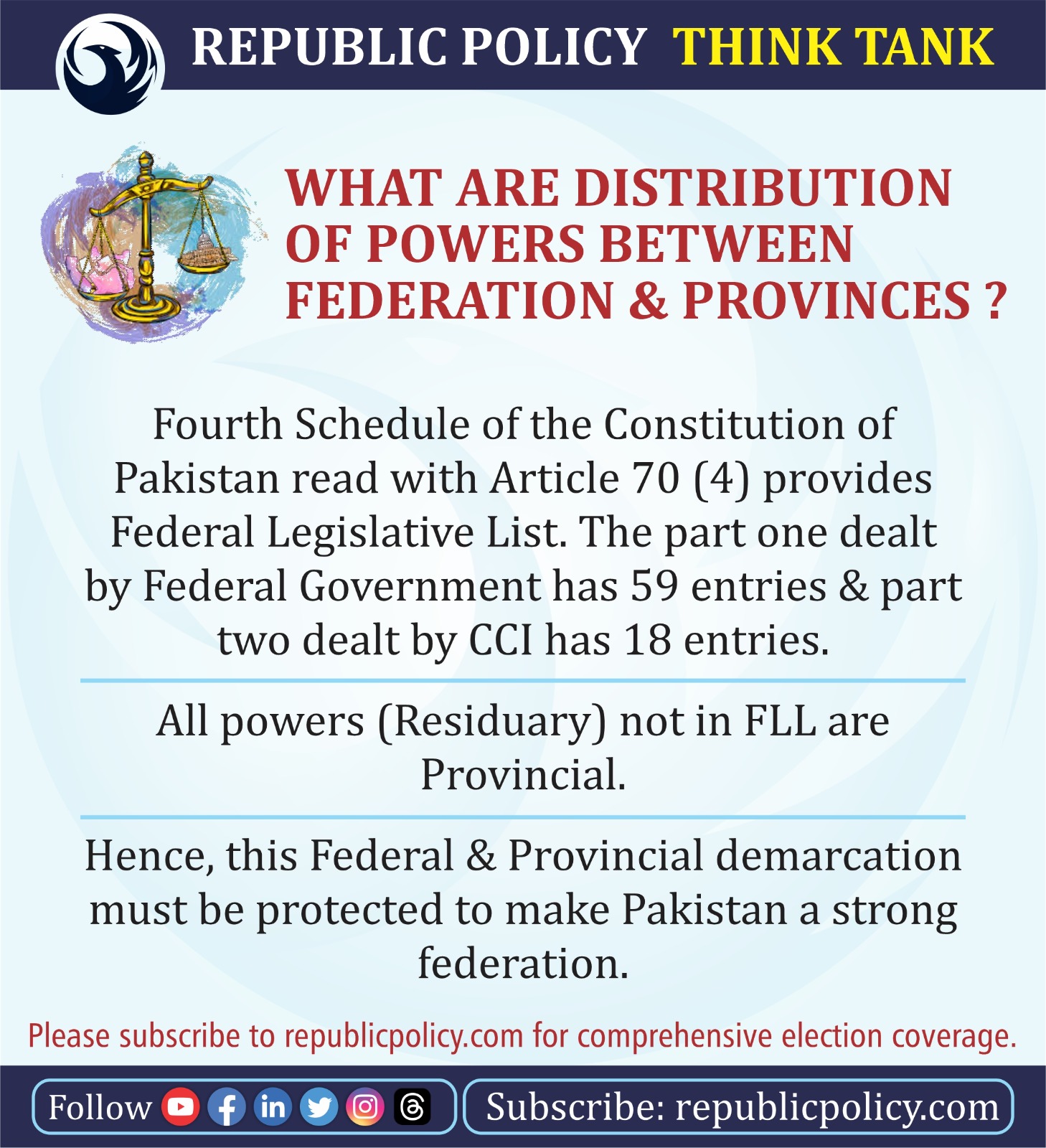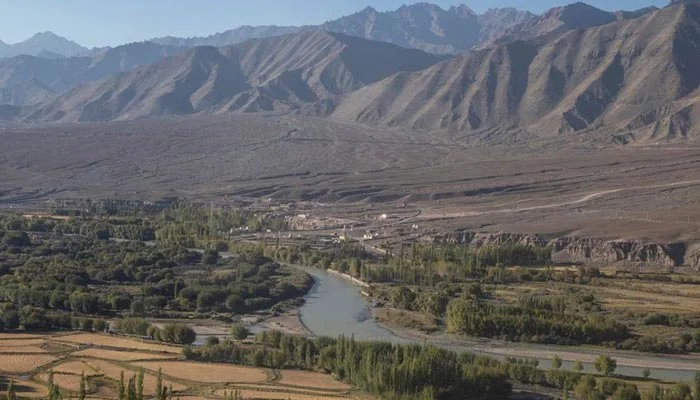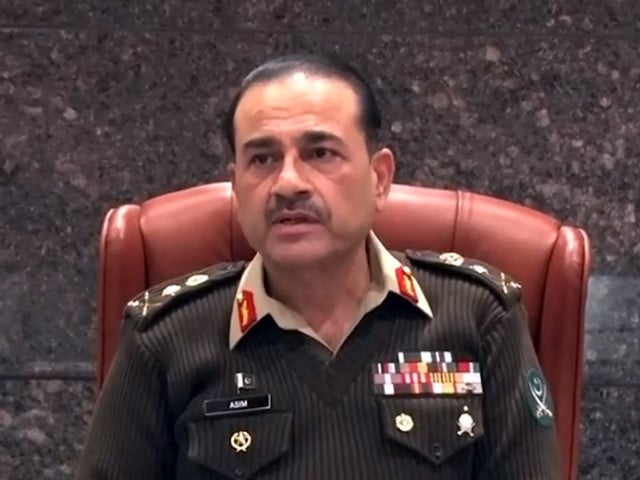Editorial:
Federalism is a mixed or compound mode of government that combines a general government (the central or “federal” government) with regional governments (provincial, state, cantonal, territorial or other sub-unit governments) in a single political system. It attempts to strike a balance between a unitary government, such as a monarchy, in which the central authority holds exclusive power, and a confederation, in which the smaller units, such as states, hold the most power.
There are two main types of federalization in political theory: integrative and devolutive. Integrative federalization includes processes like creating a new federation, accession of non-federated subjects into an existing federation, or transforming a confederation into a federation. Devolutive federalization includes transforming a unitary state into a federation.
There are also different varieties of federalism that have evolved over time and across countries, depending on how the power is distributed or shared between the federal and regional governments. Some of the common forms of federalism are fiscal federalism, administrative federalism, legislative federalism etc.
Federalism is essential for Pakistan’s state and governance because it allows for:
1.
The recognition and accommodation of the country’s diverse ethnic, linguistic, religious, and cultural groups.
2.
The decentralization and distribution of power and resources to the provinces and local governments.
3.
The promotion of democracy, accountability, transparency, and participation at all levels of government.
4.
The protection of human rights, minority rights, and women’s rights.
5.
The prevention of secessionist movements and violent conflicts.
6.
The enhancement of economic development, social welfare, and environmental sustainability.
Pakistan has adopted a parliamentary federal system since its independence in 1947. The Constitution of Pakistan defines Pakistan as a “Federal Republic” composed of four provinces (Punjab, Sindh, Khyber Pakhtunkhwa, Balochistan), one capital territory (Islamabad), two autonomous territories (Gilgit-Baltistan and Azad Jammu and Kashmir). The Constitution also provides for a bicameral legislature consisting of the National Assembly (the lower house) and the Senate (the upper house), as well as an independent judiciary headed by the Supreme Court.
However, Pakistan’s federalism has faced many challenges and controversies over the years, such as:
1.
The dominance and centralization of power by the federal government and the military, often at the expense of the provincial and local governments.
2.
The unequal and unfair distribution of fiscal resources and development funds among the provinces and regions, leading to grievances and demands for more autonomy and revenue-sharing.
3.
The lack of effective representation and participation of the smaller provinces and regions, especially Balochistan in the federal decision-making and policy-making processes.
4.
The unresolved disputes and conflicts over territorial boundaries, water resources, natural resources, and cultural rights among the provinces and regions.
5.
The emergence and escalation of ethno-nationalist, separatist, and extremist movements and violence in various parts of the country, threatening the unity and stability of the federation.
To address these issues and improve Pakistan’s federalism, some of the possible measures and reforms are:
1.
Strengthening the constitutional and legal framework for federalism, ensuring the supremacy of the Constitution, the rule of law, and the separation of powers.
2.
Enhancing the role and capacity of the Senate as a representative and deliberative body of the federation, ensuring equal representation of all provinces and regions.
3.
Implementing the 18th Amendment of 2010, which devolved more powers and responsibilities to the provinces in various sectors such as education, health, agriculture, environment, etc.
4.
Reforming the National Finance Commission (NFC) Award, which determines the formula for sharing federal revenues among the provinces, ensuring a more equitable and transparent allocation based on multiple criteria such as population, poverty, backwardness, etc.
5.
Empowering and supporting the local governments at the district, tehsil, and union levels, providing them with adequate financial resources, administrative authority, and political autonomy.
6.
Promoting dialogue, cooperation, and coordination among the federal, provincial, and local governments on matters of common interest and concern, such as security, energy, trade, etc.
7.
Resolving the outstanding disputes and conflicts among the provinces and regions through peaceful means such as negotiation, arbitration, or mediation.
8.
Fostering a culture of tolerance, respect, and solidarity among the diverse groups and communities in Pakistan, celebrating their diversity as a source of strength and richness for the federation.
Lastly, federalism is the only insurance policy of Pakistan.
















